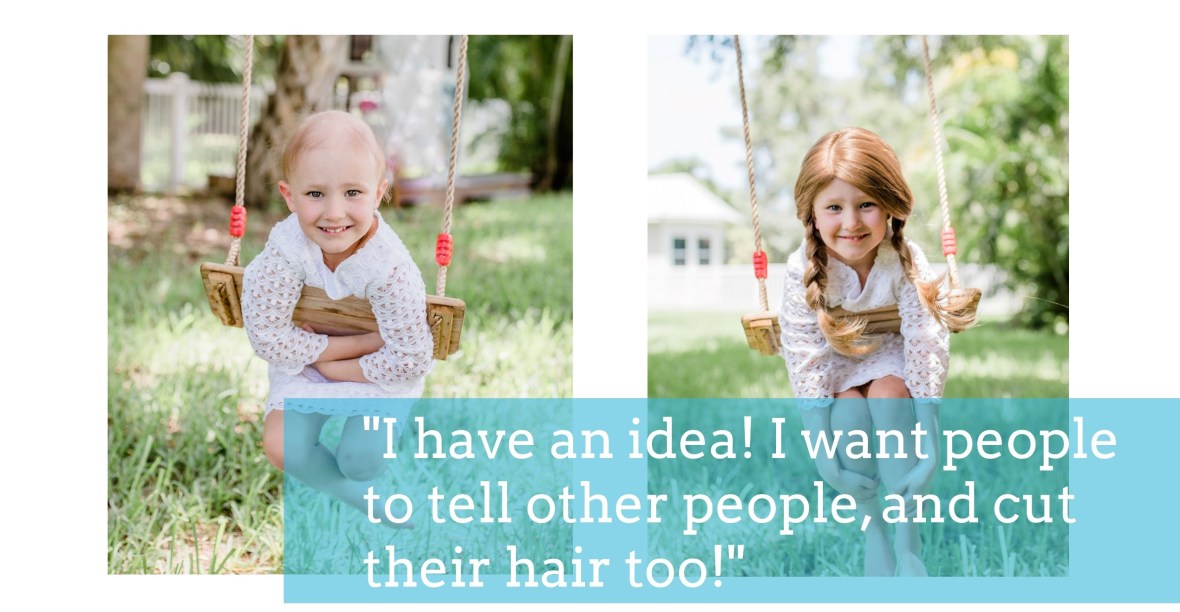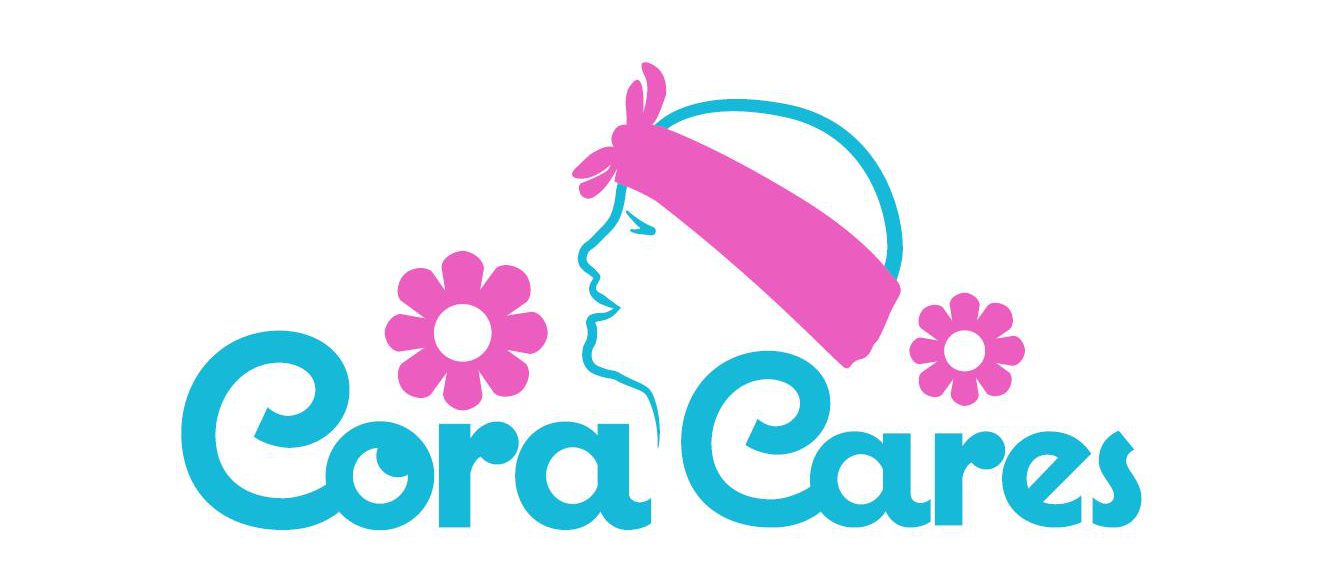Cora Cares

Cora’s hair had never been long, but when she was three years old, it began to fall out. Cora was diagnosed with alopecia areata.
Alopecia is a highly unpredictable, non-contagious, auto-immune disease resulting in hair loss on the scalp and elsewhere on the body. In a person with alopecia, the body’s immune system mistakes normal cells in the body as foreign invaders and attacks these cells. Scientists are not exactly sure what “triggers” the immune system to attack healthy hair follicles, or if these “triggers” first happen inside the body (from a virus or bacteria) or outside the body (something in the environment). Scientists believe that multiple factors (both genetic and in the environment) are needed to trigger the disease.
The disease is rare (approximately 2% of the population) and complex. There is no cure for alopecia. It can develop in any stage of life. Children who develop alopecia tend to have a poorer prognosis than those that develop the disease as an adult. The early on-set form of alopecia is typically chronic and lifelong. Children who have alopecia go through various stages of awareness and acceptance of their disease as they grow and change. In the Spring of 2018, Cora’s awareness of her alopecia became a large part of her life. She began to question, why she “had to have it” and why she “couldn’t look like everyone else”. After a chance encounter with a co-worker whose daughter happened to have alopecia, Cora’s mom learned that Cora may be eligible for a wig from an organization called Wigs for Kids (www.wigsforkids.org). Cora applied and received a beautiful chestnut brown wig. When she heard that more than 18 people had donated their hair to make her wig, her idea was born! “I want people, to tell other people, and cut their hair too!”.
Information about alopecia areata is available from the National Alopecia Areata Foundation. More information can be found at www.naaf.org.
